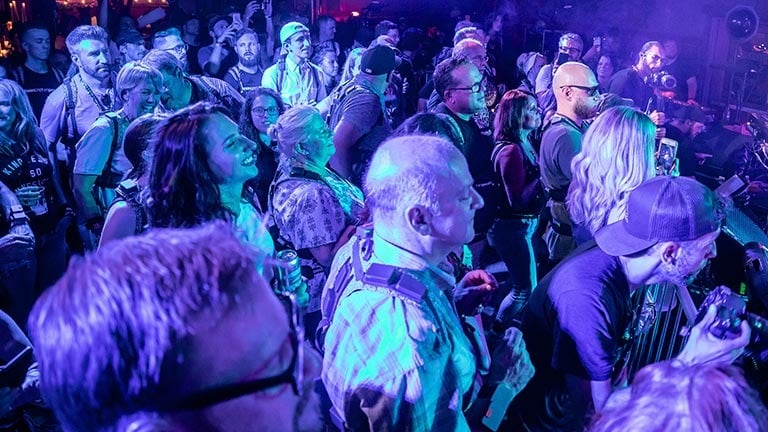
Live concerts can be challenging for individuals who are deaf or hard of hearing. While they sometimes have access to an interpreter, their sensory experience is limited to tricks like holding a balloon or standing close to the speakers to feel the vibrations. Now, thanks to the innovative haptic suits created by Not Impossible Labs, deaf people will be able to "feel" music in a whole new way.
The team, led by theater artist and musician Daniel Belquer, initially tried strapping cell phone motors to people's bodies. However, that resulted in monotonous vibrations. To create a more authentic experience, they teamed up with engineers at the electronic components company Avnet.
After a year of research, Belquer's team finally settled on a haptic suit — similar to the one used for virtual reality or video games — with 24 vibrating plates or actuators. Twenty are attached to the vest, which fits snugly around the body. The remaining four are wrapped around each wrist and ankle.
A software program allows musicians and DJs to easily integrate the haptic suits into their program. While the vibrations are not synched to the songs, they complement the music experience.

The vests were put to test at the "Silent Disco: An Evening of Access Magic" concert held at New York's Lincoln Center on July 1, 2023. Lily Lipman was among the 75 people who took advantage of the suit. She suffers from an auditory processing disorder, which sometimes makes it hard to understand sound. However, wearing the haptic suit made her feel like she was part of the concert.
"It's cool because I'm never quite sure if I'm hearing what other people are hearing, so it's amazing to get those subtleties in my body," she said.
Not Impossible Labs is known for using technology to address social issues. Their past projects include using drones with refrigerated backpacks to deliver vaccines to remote areas worldwide. The company has also created a text-based service that allows those experiencing food insecurity to obtain nutritious meals from local restaurants and grocery stores.
Resources: NPR.com, Lincolncenter.org, pcgamer.com, techxplore.com
